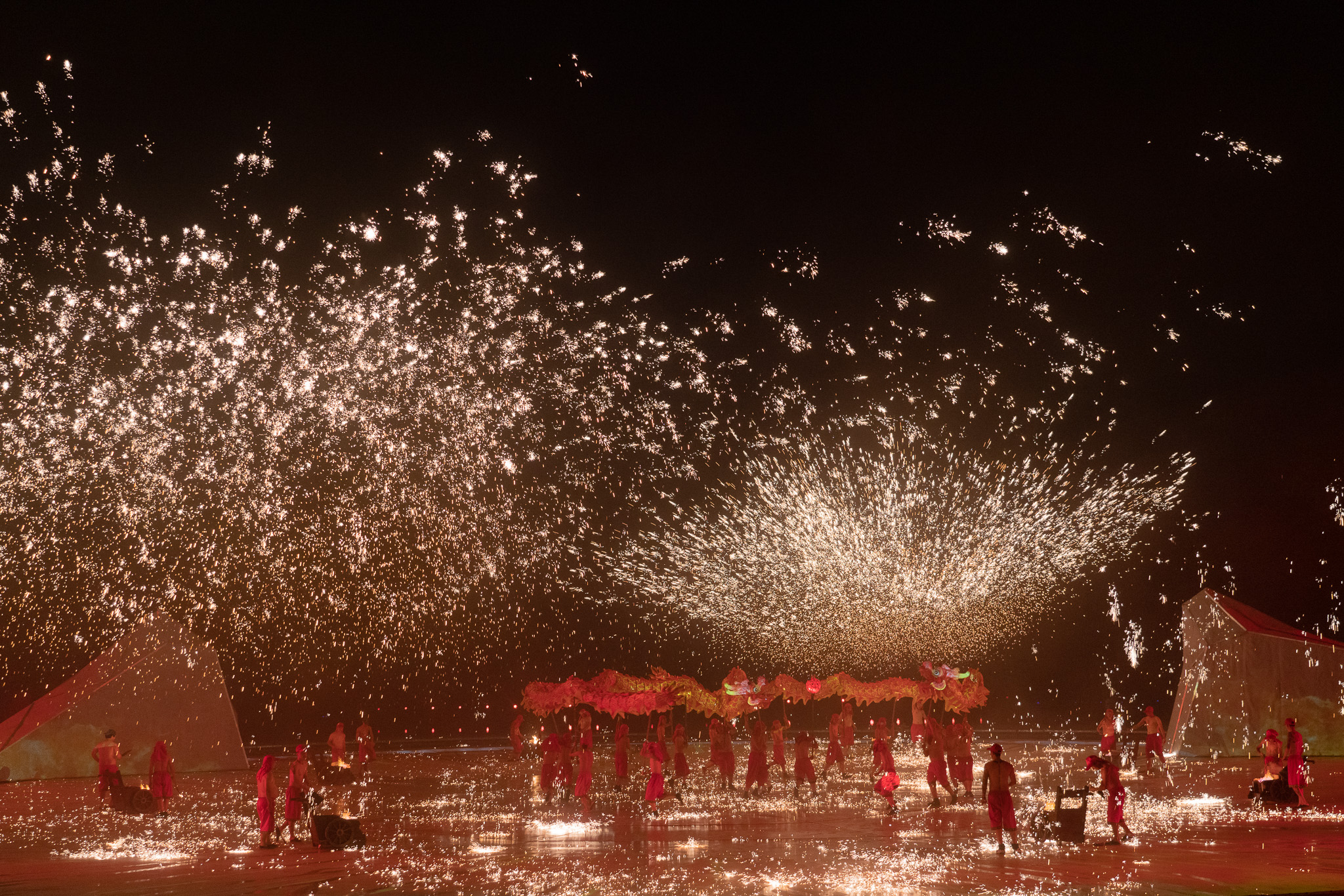|
2024-2025 Colloquium Series
Dancing with Intangibles:
Statecraft of Emotions in Heritiage Management and Politics of National Identity

Zoe Zhang, Graduate Student
East Asian Areas Studies Program
University of Southern California
Friday, March 14, 4PM-6PM PDT
Hosted on Zoom: [click here] *
*There is no password needed to join this meeting.
However, please ensure that you are logged into your Zoom account
before clicking on the meeting link.
Abstract
For so long, scholars have invested in researching state mobilizations of material and cultural infrastructures as forms of socio-political organization. However, such scholarly attention on macroscopic structures eclipses the complexity of the everyday effects of state orchestration of public emotions in propagating national identity. Given the continuous ruptures of social cohesion under postmodernism and globalization, what do emotions do in re-unifying a fragmented ideological, political, and cultural order?
In contemporary China, the challenge to achieve solidarity came in tandem with the state's mass mobilization of new traditionalism as a part of President Xi’s campaign on the “Chinese Dream,” which aims to leverage the revival of traditional values and cultural practices to evoke national affects of being together. To better understand how national identity is shaped and socialized through the interplay between emotions and heritage management, this paper focuses on the state-led revival of the Dragon Dance in Tongliang. Like many other state-driven revivals of performing arts, the Dragon Dance in China has been tied to economic benefits via tourism and thus received organic grassroots engagements. Based on my ethnographic accounts, I argue that the state has leveraged heritage performance as an affective political apparatus to normalize the presence of the state’s authoritative controls on identity narratives. Specifically, this paper explores three dimensions of the state-staged affective sensorium: “feeling together,” “distress in hope,” and the “fragile affect.” By positioning the Dragon Dance as a site of “soft” governance suffused with affective flows, this paper shed light on how the state leverages intangible cultural heritages to shape emotion-based identity-making. This analysis contributes to the broader discussion on nationalism and governance by revealing how emotional frameworks have been incorporated into state mobilization of cultural infrastructure to foster social cohesion and reinforce state authority.
Speaker Bio
Zoe Zhang works at the intersection of Anthropology and multi-media Art. Recently graduated from the University of Rochester with double degrees in Anthropology(Honors) and Studio Arts, Zoe is now a graduate student at the East Asian Areas Studies Program at USC. Zoe often begins her creative process by documenting her surroundings and expanding her repertoire of artistic techniques at local artisans’ studios, museums, and day communities. Her methodology in ethnographic studies aims to understand better and represent the local communities, thus contributing to the emic perspectives involved in topics ranging from the critical tourism studies, politics of subjectivity, relationality, personhood, and cultural/sensory infrastructure. The primary and archival source materials collected at fields serve as Zoe’s pivotal inspirations to trace the sociocultural and political underpinnings behind the cultural continuity of materiality.

|



